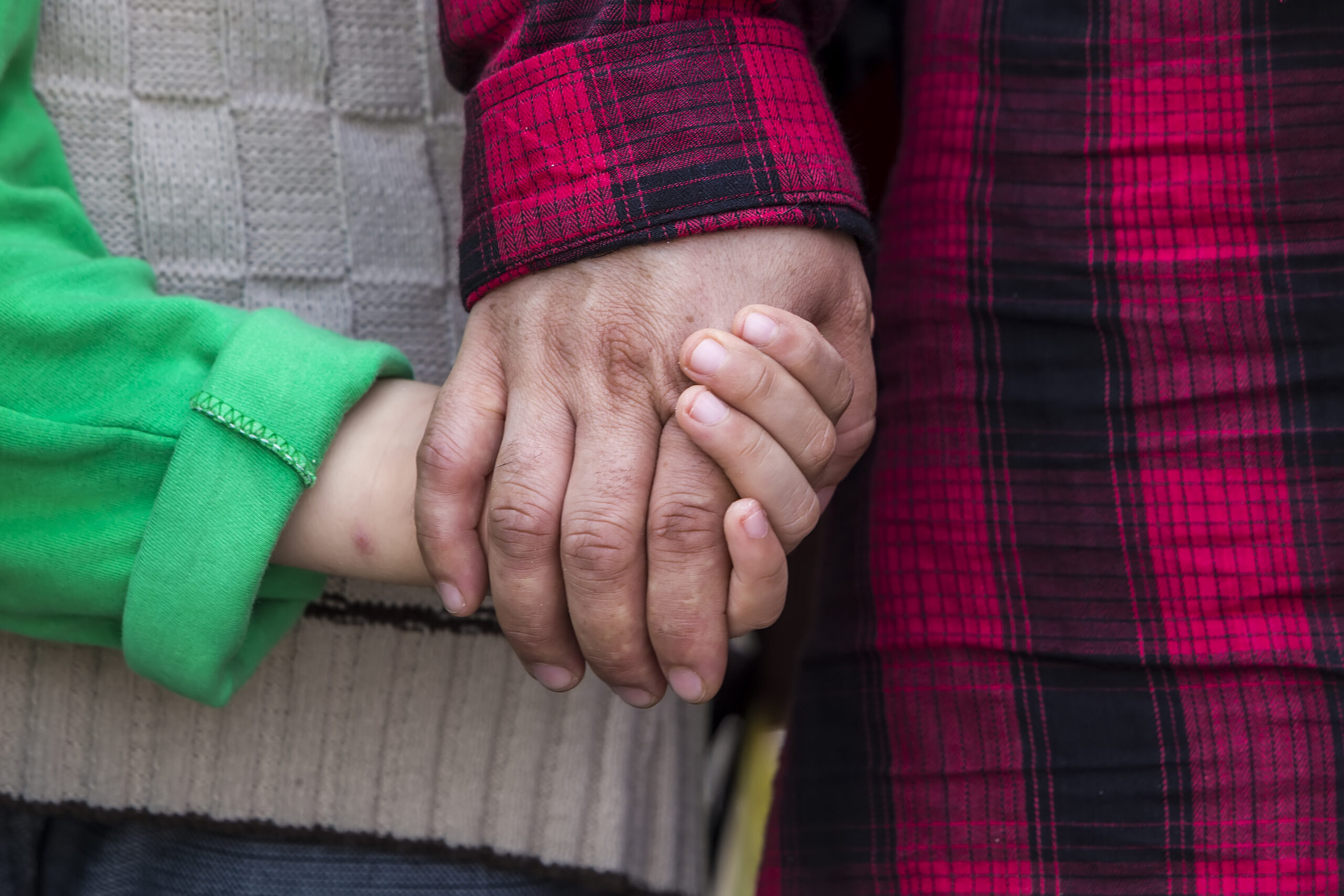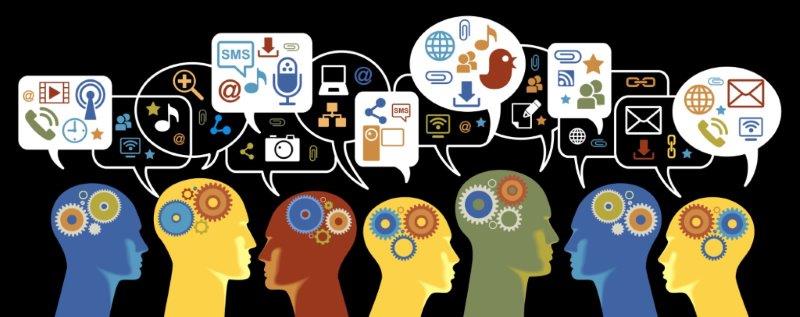Today is the International Day of Peace, and we continue our series of insights into how aligning our work with the United Nations Sustainable Development Goals (UN SDGs) helps us serve our clients more effectively
Our previous article here introduced why and how we do this. Today, it seems apt to consider the work we do in the pursuit of Goal 16 – Peace, Justice and Strong Institutions.
This Goal aims to ‘Promote peaceful and inclusive societies for sustainable development, provide access to justice for all, and build effective accountable and inclusive strong institutions at all levels.’
Our work on SDG 16 focuses on the creation of strong, independent institutions to support the justice system and the capacity of the next generation to uphold the law and ensure access to justice for those who need it.
In practice this means that:
We work in partnership with a number of legal regulators in the UK and beyond, helping to shape legal professions and embed good regulatory practice in justice organisations from Kazakhstan to the Cayman Islands and all points in between. Since 2012, with the support of the Solicitors Regulation Authority, we have set up and run the International Conference of Legal Regulators, which helps organisations from more than 40 different jurisdictions benchmark their activity and work together to respond to a rapidly changing world. We have also undertaken research studies for many individual regulators in different jurisdictions, ranging from strategic market research and consumer surveys, through to benchmarking reports and advice on regulatory change.
Our research reports for organisations like the Legal Services Board, for example, on The use and regulation of legal technology around the world or on International Approaches to Ongoing Competence, have provided background material that has helped regulators as far afield as the US, Canada and Australia, determine their own strategic priorities. Most recently, we delivered a wide-ranging research project for the Cost Lawyer Standards Board to explore the role Costs Lawyers can play in reducing the legal costs and increasing access to of justice, which also identified how the UK can learn from elsewhere how to improve its own justice system. Read the full report here
We also recognise the vital role that legal membership bodies, Law Societies and Bar Associations without regulatory responsibilities, and justice NGOs play in delivering on SDG 16. We have been active participants in the International Bar Association for two decades and are actively promoting the SDGs within this global network – for example, Alison will be chairing this event connecting the business and rule of law, in Miami in November.
At the same time, we have provided capacity building services to individual lawyer and justice organisations. We have worked, for example, with the UK Sierra Leone Pro Bono Network to analyse, assess and evaluate the impact of their pro bono work, and to support the Sierra Leonean government in implementing its Justice Sector Reform Strategy and Investment Plan 2015 to 2018. As part of the process, we also produced a case study on the impact of ROLE UK’s support of the network and for the value for money of the work of the Network.
We are also conscious that the legal and justice institutions are not on their own sufficient. They need a well-qualified, motivated, ethical cohort of diverse individuals within them. This drives our commitment to improving the quality, accessibility and diversity of offerings in legal education systems. We have championed legal education reforms in England and Wales, supporting the move towards the Solicitors Qualifying Examination (SQE), and initiated discussion on reform in Ireland through our work for the Legal Services Regulatory Authority of Ireland Such reforms can lead to greater diversity in the new entrants into the profession, benefitting those whose personal or economic circumstances may have previously acted as a barrier to. And they can widen access to qualified lawyers by making it easier for smaller law firms, in-house legal departments, and organisations offering social welfare and community legal services to train new solicitors to meet the needs of their clients.
The UN SDGs are not only goals for national governments to pursue, but are explicitly designed to enable companies of all sizes, civil society, organisations and individual citizens to make their own contribution towards solving the World’s economic, social and environmental challenges by 2030. We are proud to be aligning our work with these goals, and contributing to the change we wish to see in the world.



